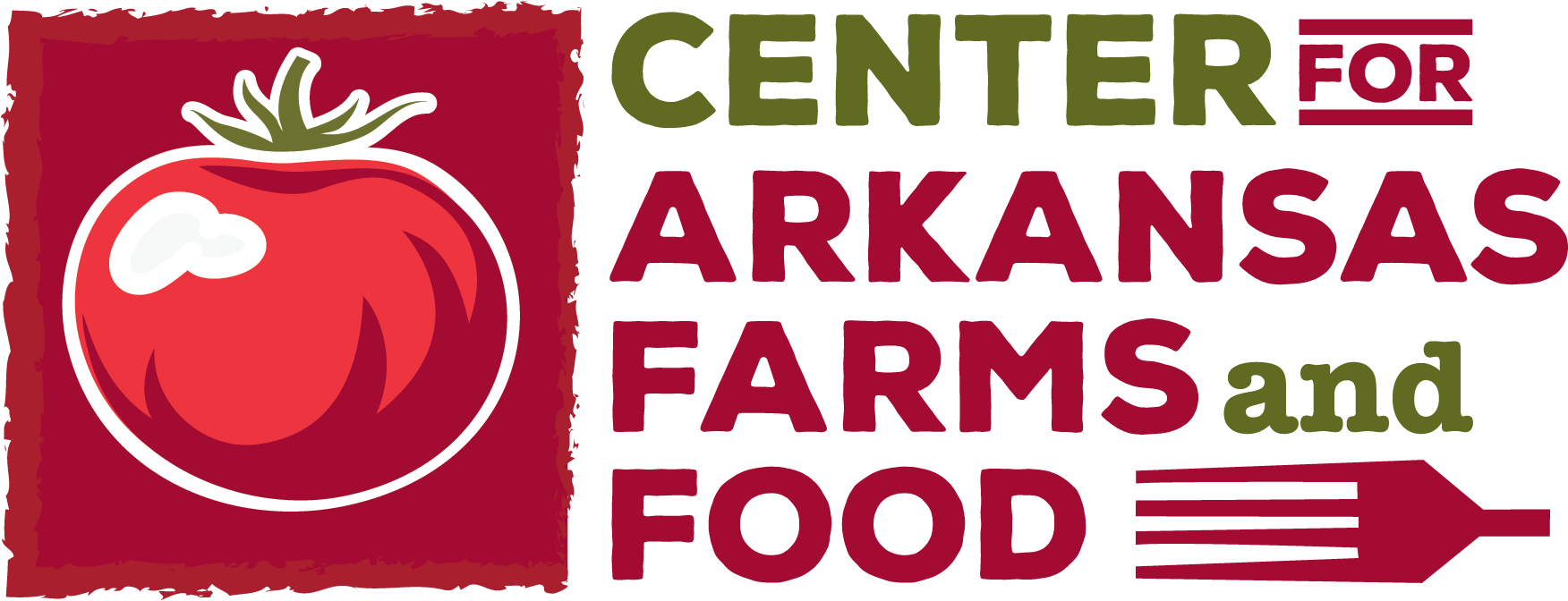When Maeve talks about farming, she doesn’t start with tractors or soil. She begins with people.
Born and raised in Rogers, Arkansas, Maeve grew up in a family of restaurateurs. Food service was always part of her life, but farming wasn’t. “No one in my family is a farmer,” she says. “But food has always been the center of everything.”
 At Hendrix College, where she earned a degree in Environmental Studies, Maeve explored that connection further. Her thesis examined food insecurity in Arkansas—a topic that opened her eyes to the wide gap between small farms and extensive production agriculture. “I knew I wanted to be a voice for local farmers and schools,” she explains. “There are so many missed opportunities to connect farms with restaurants and institutions. I wanted to help bridge that gap.”
At Hendrix College, where she earned a degree in Environmental Studies, Maeve explored that connection further. Her thesis examined food insecurity in Arkansas—a topic that opened her eyes to the wide gap between small farms and extensive production agriculture. “I knew I wanted to be a voice for local farmers and schools,” she explains. “There are so many missed opportunities to connect farms with restaurants and institutions. I wanted to help bridge that gap.”
Finding Her Way to the Farm
Maeve’s first taste of farm life came during a college internship at a small farm in Conway. She worked on their food policy book, helping prepare them for a GAP inspection. The work was initially confusing—the farm manager was too busy to explain every detail—but the experience stuck with her. “That’s when I realized I needed more education,” she says. “Hands-on experience felt more valuable than any textbook.”
That realization eventually led her to CAFF’s Farm School program. “It was the perfect mix,” she says. “I thought it was only for people who wanted to own farms, but it’s really about building a stronger food system. You don’t have to be a farmer to contribute—you have to care about where food comes from.”
She didn’t think she would get in. In fact, she was waitlisted. But when a spot opened up a month before the program started, Maeve jumped at the chance.
Lessons from the Field
Through CAFF, Maeve discovered she loves more than just the farming itself—she loves the business side too. Growing up around restaurants had given her some perspective, but seeing farming through the lens of entrepreneurship opened her mind.
 Her favorite part of the program was working at the student-run farm stand. “It was so rewarding,” she recalls. “Watching people come back week after week, or seeing someone discover us for the first time—it was special. I loved showing off what we’d grown and swapping recipe ideas. I’m not a cook, but I love talking about flavors.”
Her favorite part of the program was working at the student-run farm stand. “It was so rewarding,” she recalls. “Watching people come back week after week, or seeing someone discover us for the first time—it was special. I loved showing off what we’d grown and swapping recipe ideas. I’m not a cook, but I love talking about flavors.”
One memory stands out: two women playfully arguing over who would get the last watermelon of the day. “That moment captured what I love,” she laughs. “People get excited about fresh food. And I love being the one who gets to connect them to it.”
Still, farming taught her resilience. When her group’s lettuce didn’t germinate, they had to pivot. When a trailer hitch broke before market day, they scrambled to find a solution. “Things go wrong all the time,” she says. “Farmers have to adapt quickly. That’s one of the biggest lessons I’ve learned.”
Growing a Vision for the Future
What Maeve values most about farm life is its rhythm. “It’s a slower pace,” she says. “You learn to set a sustainable rhythm for yourself. You can’t just push through—if you want to farm for decades, you must think about how to lift things and care for your body. Farming requires thoughtfulness in every aspect. You have to plan your crops and your production systems. ”
 It also offers peace. “I’ve found so much simplicity in tasks like making crop beds or harvesting carrots. Farmers often talk about the peace in their work—and I feel that too. It’s a sweet life.”
It also offers peace. “I’ve found so much simplicity in tasks like making crop beds or harvesting carrots. Farmers often talk about the peace in their work—and I feel that too. It’s a sweet life.”
Looking ahead, Maeve has big dreams for her community’s food system. She hopes to see local farms integrated into every school, hospital, and restaurant in Arkansas. “Imagine if kids knew that on Wednesdays their lettuce came from a farm nearby,” she says. “Or if menus listed which farms supplied the ingredients. That kind of connection changes how people think about food.”
A Different Kind of Gap Year
While many of her classmates took a traditional gap year, Maeve says CAFF Farm School was the perfect “gap project.” “It’s been a ten out of ten experience,” she says. “I’ve learned so much, and it’s helped me figure out where I want to focus my passion. Two years ago, I never would have imagined myself in farming—but here I am.”
Maeve’s journey proves that farming isn’t just about soil and seeds. It’s about relationships—between farmers and restaurants, schools and communities, food and the people who eat it. And she’s determined to keep cultivating those connections.


Recent Comments